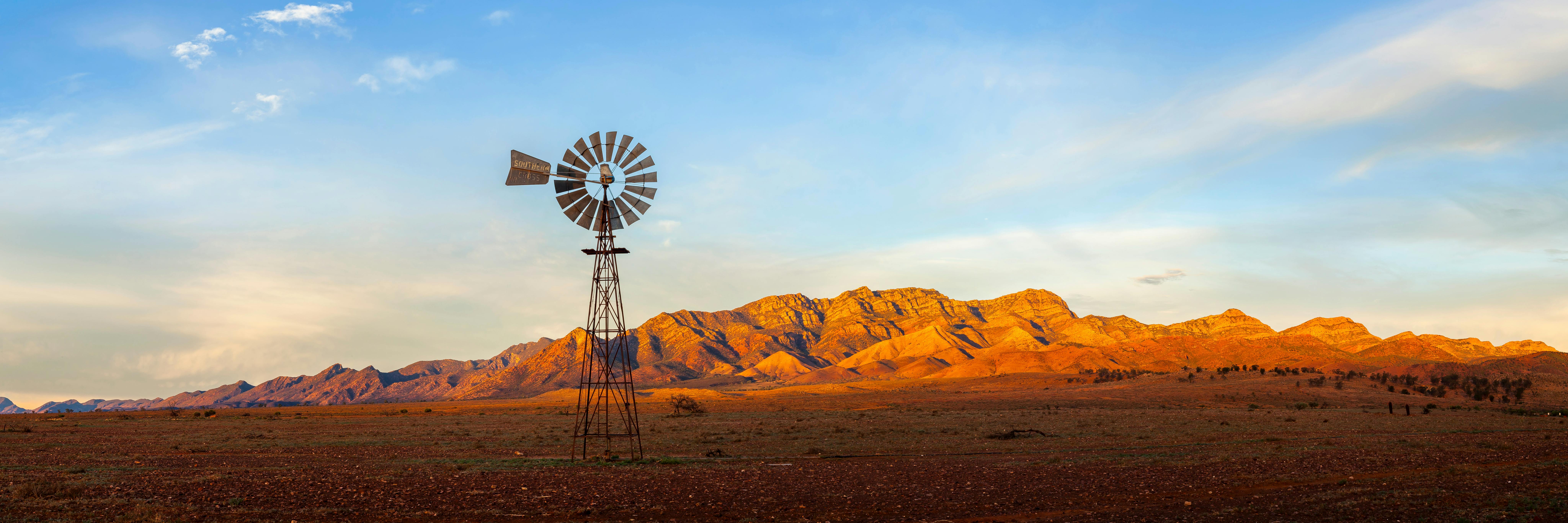Northern Water Supply - Business Case
Consultation has concluded. Thanks for your contributions.
UPDATE: PROJECT TO FOCUS ON CAPE HARDY SITE OPTION
For more information, please see our newsfeed.
If you require anything further, or wish to register for project updates as they become available, please contact the Project Team on 8429 4650 or northernwatersupply@sa.gov.au
This Northern Water Supply - Business Case site will soon be archived and a new YourSAy page opened to continue the conversation around Northern Water and the Cape Hardy site.
Exploring a new secure and sustainable water supply for the future.
What's being decided?
The Northern Water Supply (NWS) project is one of a number of projects being considered for the Upper Spencer Gulf as part of the State Government’s plan to decarbonise local industry, provide for future jobs and economic development, and position the region as a global leader in the net-zero economy.
As part of the NWS, the South Australian Government is assessing the potential for a new and sustainable water supply for the far north and Upper Spencer Gulf. The project aims to sustainably support regional communities and industries now and into the future.
This assessment takes the form of a business case which will evaluate the environmental, social and economic benefits and impacts of building a seawater desalination plant in the region, along with an approximately 600km pipeline which will transport the desalinated water to communities and industries across the region, including the emerging Hydrogen industry.
We are currently looking at where might be most suitable to conduct in-depth studies on the feasibility of building a desalination plant and your views are a critical part of identifying issues/risks and opportunities/benefits that should be considered as part of the assessment process. This will in turn help inform the government’s decision on whether to further progress the Northern Water Supply project beyond the current phase.
Three sites were identified as potentially feasible. These are shown below. For more information about the how a study site will be chosen, see our site selection fact sheet

Background
For our northern regional areas to thrive, we need a secure water supply. Taking more water from the River Murray or Great Artesian Basin is not a reliable or sustainable long-term option so a new solution is needed.
The Northern Water Supply project business case is assessing whether a desalination plant and pipelines would provide that solution. Some of the anticipated benefits include:
providing a sustainable and climate resilient water supply for northern SA
reducing environmental pressures from the use of River Murray, Great Artesian Basin and other groundwater sources
supporting the emerging Hydrogen industry
unlocking a globally significant copper resource, required for the transition to net zero
supporting local and global industry decarbonisation
making regional and remote communities greener and more liveable
We are currently working with a range of stakeholders representing the environment, marine, mining, energy, and other local industries and regional communities to select a preferred study site from a short list of potentially economically and environmentally feasible options. More information on how we developed this short list will be uploaded soon.
We are interested in hearing from you about the issues you feel should be considered as part of the assessment process.
For more information:
- Head to the Document Library
- View the Frequently Asked Questions
- View the news feed below for updates as the project progresses
Get involved
We are interested in hearing what issues and/or opportunities you would like to see considered as part of this assessment process. You can get involved by:
telling us what elements of this project are most important to you by taking the study site survey
emailing your feedback to the project team northernwatersupply@sa.gov.au
Contacting us on the project contact number 8429 4650
You can provide feedback on the current survey until 29th September 2023.
What are the next steps?
All feedback will be reviewed by our project engagement team and included in the business case which is due to be provided to the state and federal governments in early 2023.
A decision on whether this project will proceed past the business case, and if so, which site will be used as the study site for further in-depth investigation, is expected by mid-2023.
Project updates will be provided on this page via the news feed below or you can register for regular updates by contacting our team at northernwatersupply@sa.gov.au You can also stay connected by clicking the Stay Informed button on this page.







